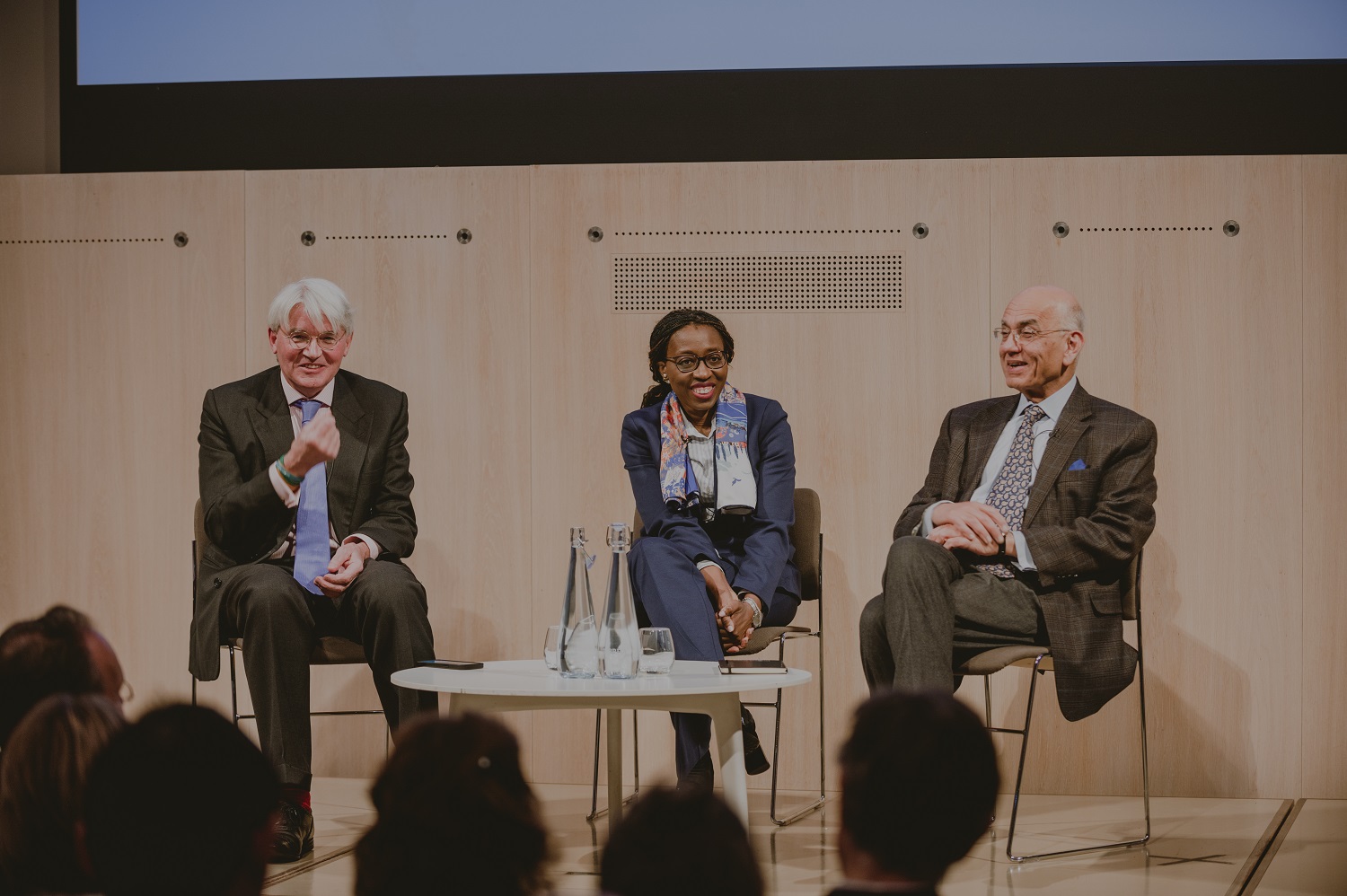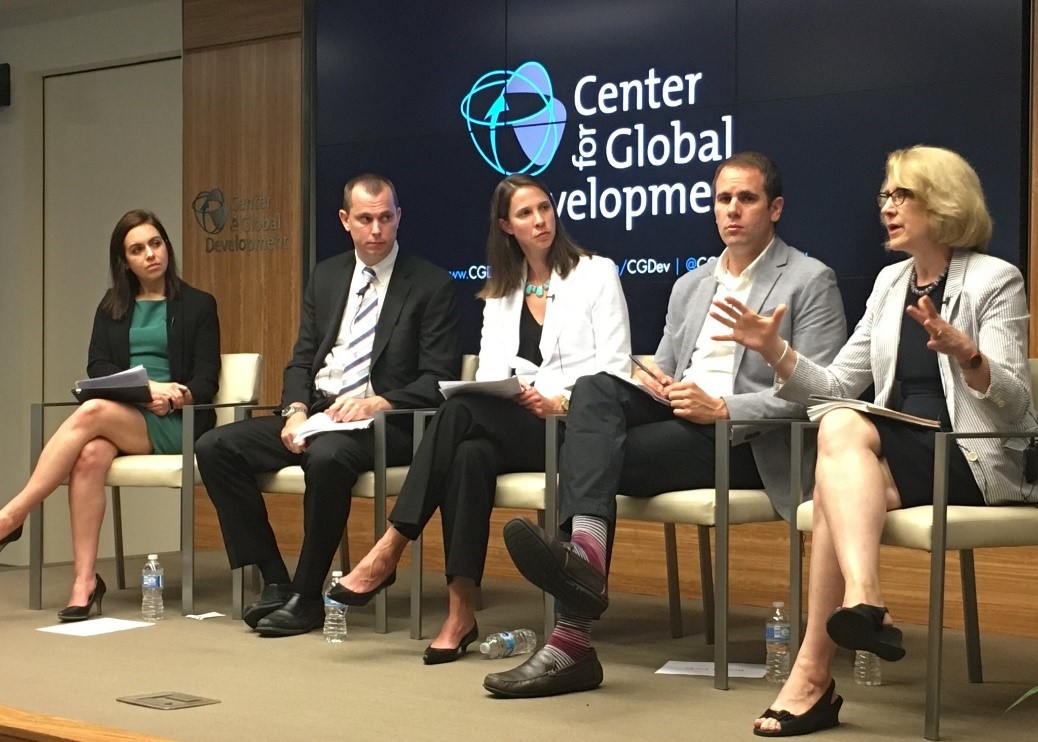Last week USAID held its second Frontiers in Development conference, a two-day smorgasbord of keynotes, panels, roundtables, and an Innovation Marketplace all focused on Ending Extreme Poverty. As the agenda can attest, USAID sought to explore its role (and that of foreign assistance, writ large) in ending extreme poverty from multiple angles. From ‘Can it be done?’ to ‘How will it be done?’ to ‘Who will do it?’, the notion of Ending Extreme Poverty received a 48-hour in-depth examination from some of global development’s leading thinkers and practitioners as over 600 members of the development community observed.
I applaud Frontiers for tackling tough questions directly related to ending extreme poverty, including inequality, fragility and instability, climate change, and the spread of Ebola. While I didn’t leave the conference certain USAID had the answers to ending extreme poverty as an agency, I did come away thinking it had at least asked the right questions and was pursuing this noble, and incredibly difficult, mission with eyes wide open.
Because ending extreme poverty looks to be a global vision around which the world will coalesce for the next 15 years through the post-2015 agenda, it’s encouraging that USAID is seeking to bring intellectual and policy firepower to what could easily become rhetoric with no real substance behind it.
Frontiers offered a substantive two days. Below are my additional takeaways, observations, and general points of interest. It should be noted that this list is completely subjective as I was not able to attend every session, not yet being able to be in two places at once.
-
The theme of ‘Ending Extreme Poverty’ pervaded every event. With 29 separate events and more than 86 speakers, I would have forgiven Frontiers for occasionally veering off-topic – but it didn’t. The conference maintained coherence in exploring multiple sectors, issues, and populations through the lens of extreme poverty.
-
It wasn’t only US voices doing the talking. President Jakaya Kikwete of Tanzania, former President John Kufuor of Ghana, Foreign Affairs Minister Tedros Ghebreyesus of Ethiopia, and Winnie Byanyima of Oxfam International (just to name a few) all spoke about country and context-specific approaches to ending extreme poverty.
-
Frontiers rightly focused on Africa. Some colleagues thought the conference should have had a more balanced global focus, but I disagree. If we’re talking about extreme poverty, that’s where the majority of the extreme poor will reside. What’s more, Sub-Saharan Africa receives the highest levels of USAID funding (by region). This is called focus, folks; we can’t call for it and then get miffed when everything isn’t included.
-
Peace and stability are integral to ending extreme poverty. From Secretary of State John Kerry to President Kikwete to former National Security Advisor Stephen Hadley, I was struck by how often and how stridently numerous speakers pointed to conflict as one of the greatest drivers of increased poverty. This is nothing new, per se, but it was instructive to hear the importance of stability and good governance emerge from various perspectives. My hope is that this bodes well for the inclusion of these issues in the post-2015 agenda.
-
The world doesn’t have the right tools to end extreme poverty…yet. In his address, Secretary Kerry noted that, “development tools have not kept up with a changing world…too many barriers still exist.” Likewise USAID Administrator Raj Shah declared the United States must “earn the right to lead every single day. And unless we seek to evolve and get better, many of our partners—including the countries we celebrate today—will simply look elsewhere for solutions.” The entire Frontiers conference seemed to be a starting answer to this challenge, with the Innovation Marketplace offering pioneering practical solutions and the many sessions offering new approaches and models for how the world might end extreme poverty.
CGD blog posts reflect the views of the authors, drawing on prior research and experience in their areas of expertise.
CGD is a nonpartisan, independent organization and does not take institutional positions.






